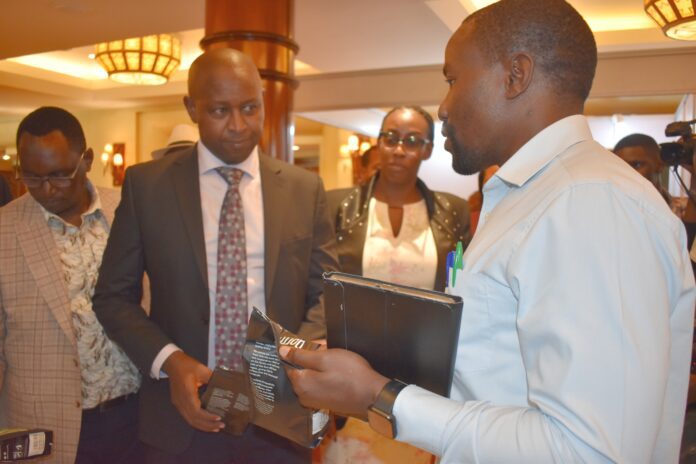The European Union Deforestation Regulation (EUDR), aimed at combating global deforestation, greenhouse gas emissions, and biodiversity loss, is poised to transform international trade. With its enforcement delayed until November 2025, the regulation has sparked significant concerns across Africa, particularly in Kenya’s coffee sector, which relies heavily on exports to the EU.
Navigating the EUDR Standards
The EUDR requires all products entering the EU market to be “deforestation-free” and comply with environmental, social, and governance standards. These include safeguarding forests, reducing emissions, protecting Indigenous rights, and adhering to anti-corruption measures. Products failing to meet these requirements risk exclusion from the EU market, threatening the livelihoods of farmers, cooperative societies, and industry stakeholders in Kenya.
Kenya exports about 21% of its products to the EU, with coffee as a key commodity. Alongside cocoa, palm oil, rubber, soy, and wood products, coffee faces stringent scrutiny under these new regulations.
Kenyan Coffee: A Commitment to Sustainability
Kenyan farmers have long championed sustainability through certifications such as Fairtrade, Rainforest Alliance, and organic labeling. These efforts underscore the country’s commitment to producing high-quality, ethically sourced coffee that meets global market demands. Kenyan producers continue to solidify their reputation in the premium coffee market by showcasing certified coffees.
Quality Assurance In The Coffee Industry
A vital quality control process in the coffee industry—plays a central role in ensuring market access for Kenyan coffee. By evaluating aroma, flavor, acidity, and balance, cupping allows farmers to better understand how quality influences pricing. Recent c sessions, organized by the Nairobi Coffee Exchange (NCE) and Solidaridad, highlighted Kenya’s specialty coffees while connecting farmers to global buyers.
Bridging Markets: Solidaridad and NCE Partnership
Solidaridad, in collaboration with the NCE, is working to empower Kenyan coffee farmers by:
- Linking them to international markets in the EU, U.S., and beyond.
- Promoting transparent auctions that enhance market access.
- Training farmers in sustainable practices, post-harvest processing, and quality control.
These initiatives are transforming Kenya’s coffee value chain by equipping farmers with tools to meet global standards and secure competitive prices.
Fairtrade Africa: Driving Community Impact
Fairtrade Africa continues to play a pivotal role in supporting African coffee farmers. With over 530,000 smallholder farmers certified across six countries, the organization facilitates access to ethical trade markets. In 2022 alone, Fairtrade-certified producers earned over €5.3 million in premiums, which were reinvested in education, healthcare, and environmental projects.
Coffee farmers prepare for the return of the Coffee Board of Kenya
Fairtrade Africa also aids farmers in navigating complex regulations like the EUDR, ensuring compliance and sustained market access. By fostering sustainability and community development, Fairtrade empowers farmers to build resilient livelihoods.
Challenges and Opportunities Ahead
To secure a sustainable future for Kenya’s coffee industry, stakeholders must address key challenges, including:
- Price Volatility: Establishing mechanisms to protect farmers from unpredictable market fluctuations.
- Compliance with Regulations: Supporting producers in meeting EUDR and other evolving market requirements.
- Sustainability: Promoting practices that balance economic growth with environmental conservation.
- Value Addition: Empowering farmers to move up the value chain and capture greater profits.
A Path Forward
The EUDR presents a critical juncture for Kenya’s coffee industry. While challenges abound, they also open opportunities for the sector to strengthen its sustainability credentials and reinforce its global standing. By fostering collaboration among stakeholders and leveraging the expertise of organizations like Solidaridad and Fairtrade Africa, Kenyan coffee can thrive in an increasingly regulated market.
Through collective action, Kenya can secure a future where coffee farmers prosper, the environment is protected, and the country remains a global leader in premium coffee production.










